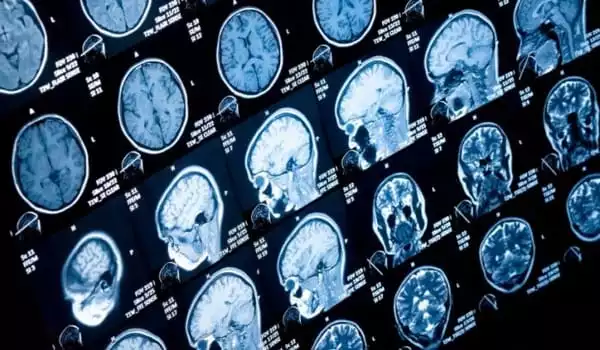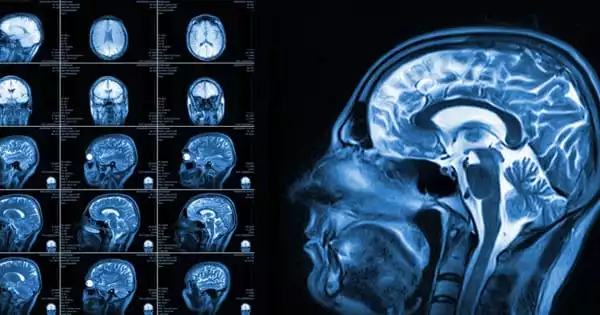A big study at Sweden’s Karolinska Institutet discovered a relationship between ADHD and dementia across generations. The study, published in Alzheimer’s & Dementia: The Journal of the Alzheimer’s Association, found that parents and grandparents of ADHD adults had a higher risk of dementia than those with ADHD children and grandkids.
According to a study published online in Alzheimer’s & Dementia, there is a link between attention-deficit/hyperactivity disorder (ADHD) and Alzheimer disease (AD) and any dementia across generations. Le Zhang of the Karolinska Institutet in Stockholm and colleagues investigated the extent to which ADHD is associated to Alzheimer’s disease and other forms of dementia across generations. Swedish national registers were used to link a nationwide cohort born between 1980 and 2001 to their biological relatives (parents, grandparents, uncles/aunts). Cross-generational associations were examined using Cox models.
“The findings suggest that there are common genetic and/or environmental contributions to the association between ADHD and dementia. Now we need further studies to understand the underlying mechanisms,” says the study’s first author Le Zhang, PhD student at the Department of Medical Epidemiology and Biostatistics at Karolinska Institutet.
The findings imply that the link between ADHD and dementia is caused by shared genetic and/or environmental factors. More research is needed to understand the underlying mechanisms.
Le Zhang
Attention-deficit/hyperactivity disorder (ADHD) is a neurodevelopmental disorder characterized by inattention, impulsiveness, and hyperactivity. It is estimated that 3% of adults globally are affected.
The incidence of new ADHD diagnoses has risen considerably in recent decades, owing to increased awareness and understanding of the illness. However, because the diagnosis is still relatively recent, there have only been a few short investigations on the development of dementia in patients with ADHD, with often contradictory results.
The current study sought to address this issue by investigating the extent to which elder generations of ADHD patients were diagnosed with dementia. The study included almost two million Swedish people born between 1980 and 2001, with around 3.2 percent diagnosed with ADHD. Using national registries, the researchers linked these individuals to almost five million biological relatives, including parents, grandparents, uncles and aunts, and assessed the extent to which these relatives had dementia.

The researchers discovered that 3,042 of the 2,132,929 index participants’ parents, 171,732 grandparents, and 1,369 uncles/aunts had Alzheimer’s disease. The risk of Alzheimer’s disease was found to be higher in the parents of ADHD patients (hazard ratio, 1.55; 95 percent confidence interval, 1.26 to 1.89). The connections weakened when genetic relatedness decreased, but remained elevated in grandparents (hazard ratio, 1.11; 95 percent confidence interval, 1.08 to 1.13). The connection was stronger for early-onset Alzheimer’s disease versus late-onset Alzheimer’s disease. The findings were identical for whatever type of dementia.
The researchers discovered that parents of ADHD children had a 34% higher risk of dementia than parents of non-ADHD children. The risk of Alzheimer’s disease, the most common type of dementia, was shown to be 55% greater in parents of ADHD patients. Individuals with ADHD were more likely to have parents who had early-onset dementia than those who had late-onset dementia.
“The findings imply that the link between ADHD and dementia is caused by shared genetic and/or environmental factors. More research is needed to understand the underlying mechanisms” Zhang stated in a press release.
The researchers note that the absolute risk of dementia was low for the parent cohort; only 0.17 percent of the parents were diagnosed with dementia during the follow-up period. The association was lower for second-degree relatives of individuals with ADHD, i.e. grandparents and uncles and aunts. For example, grandparents of individuals with ADHD had 10 percent increased risk of dementia compared to grandparents of individuals without ADHD.
While the study was unable to establish a cause-and-effect relationship, the researchers presented numerous alternative hypotheses that can be investigated further in future research.
“One could imagine that there are undiscovered genetic variants that contribute to both traits, or family-wide environmental risk factors, such as socioeconomic status, that may have an impact on the association,” says Zheng Chang, the study’s last author and researcher at Karolinska Institutet’s Department of Medical Epidemiology and Biostatistics. “Another probable explanation is that ADHD raises the chance of physical health problems, which raises the risk of dementia.”
















